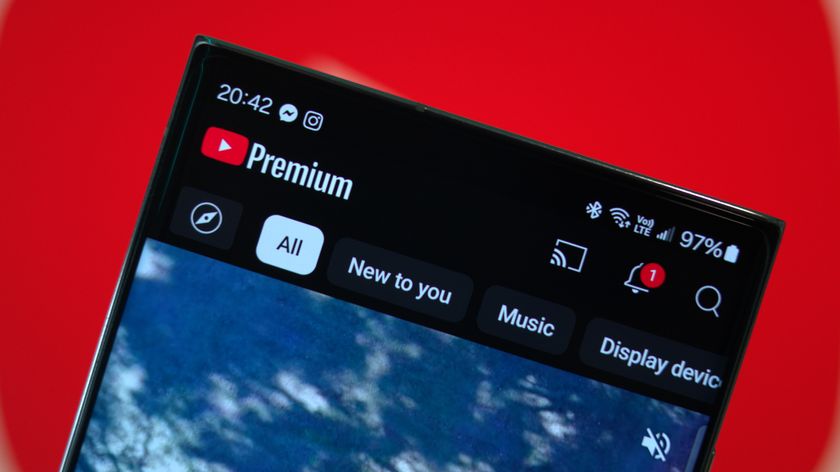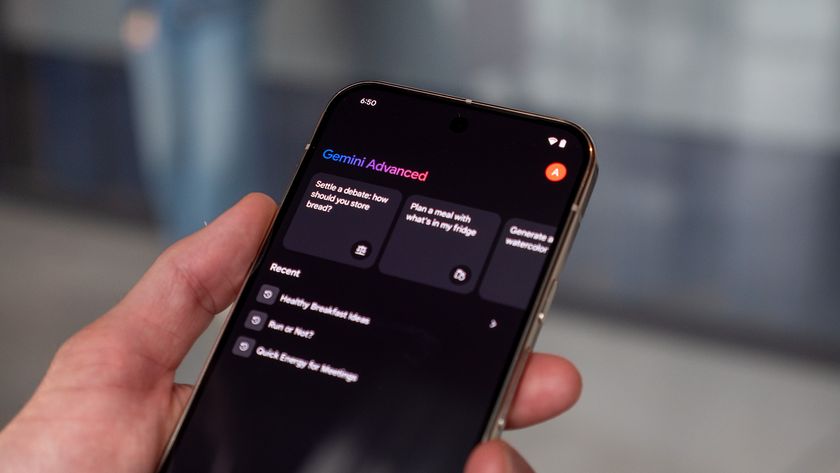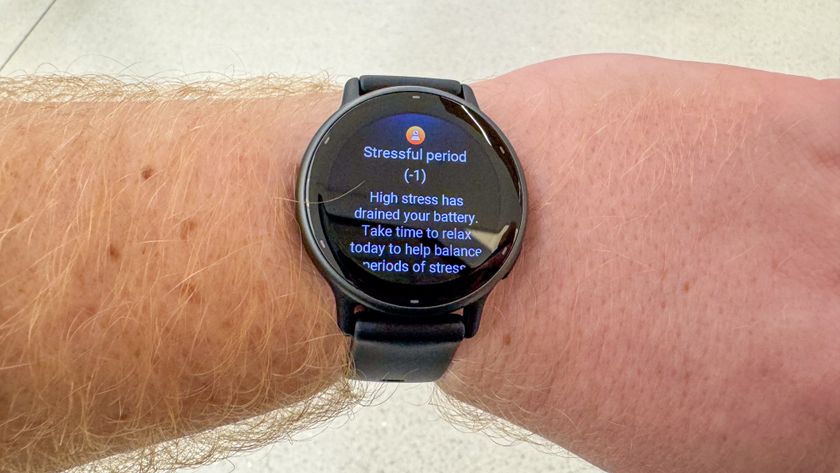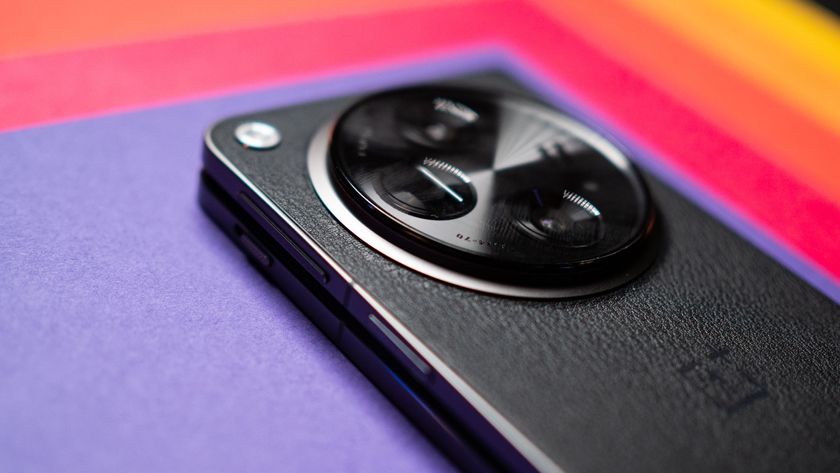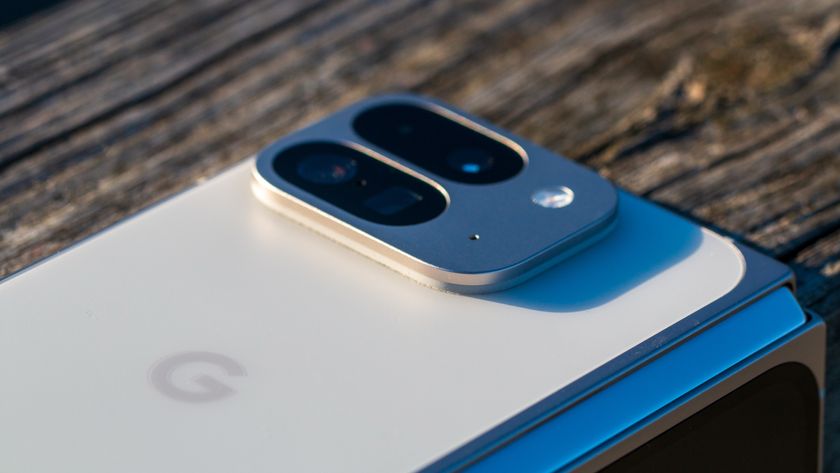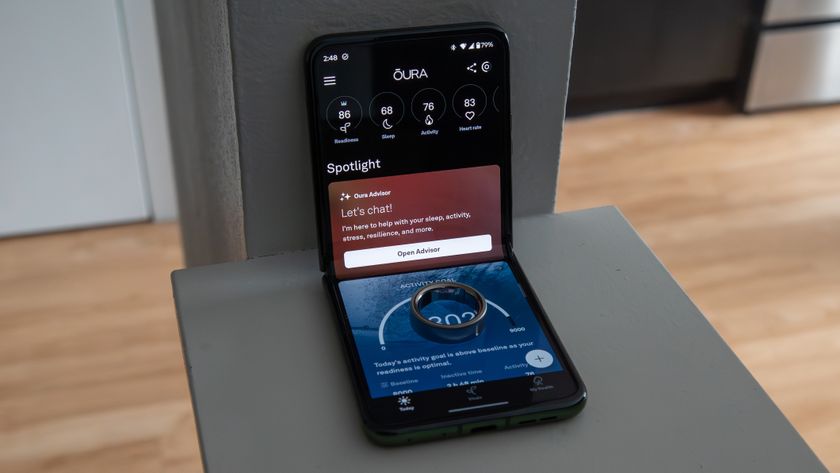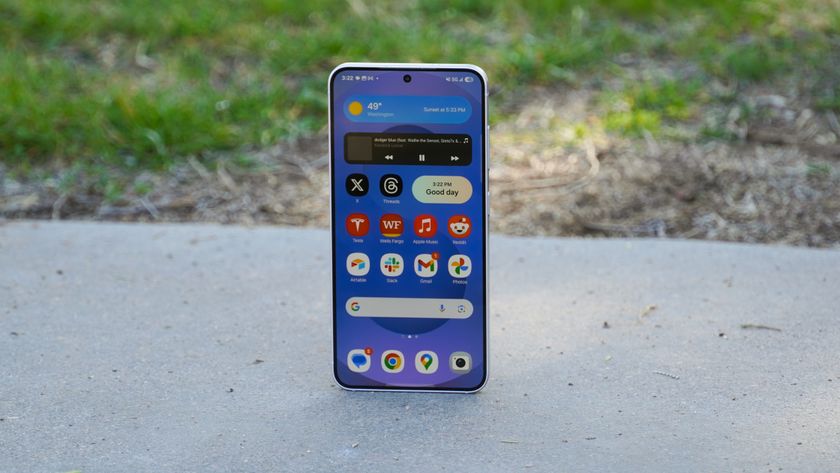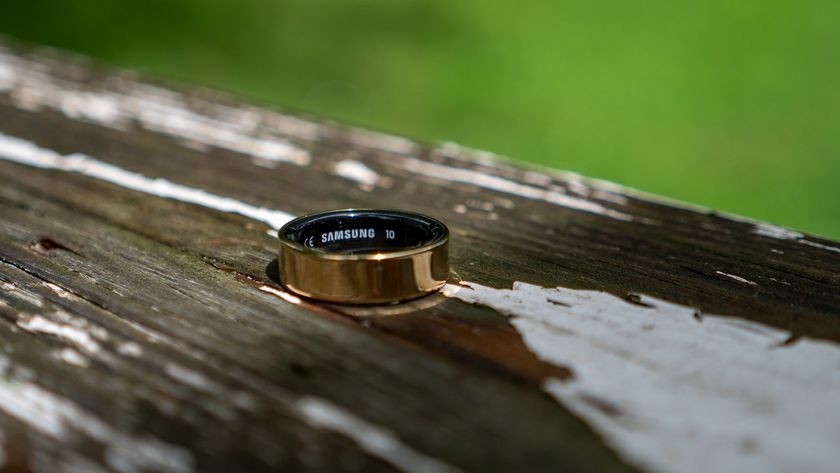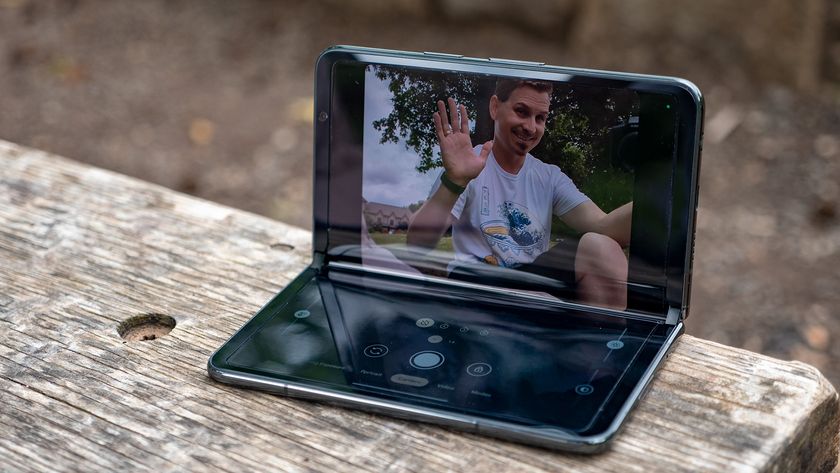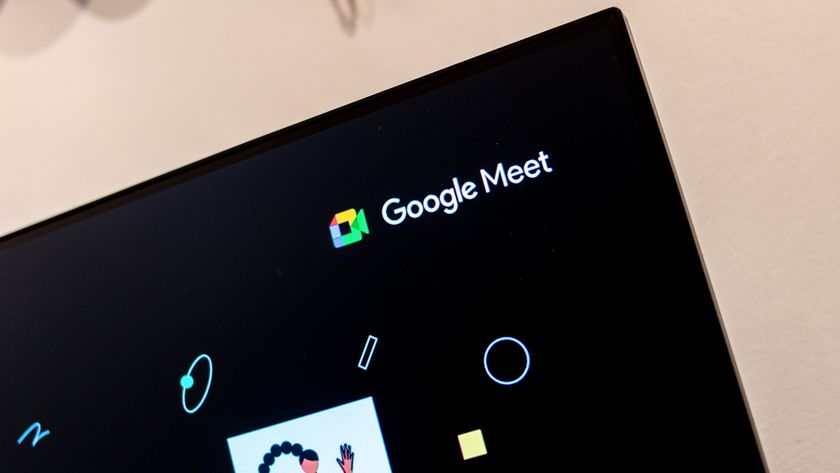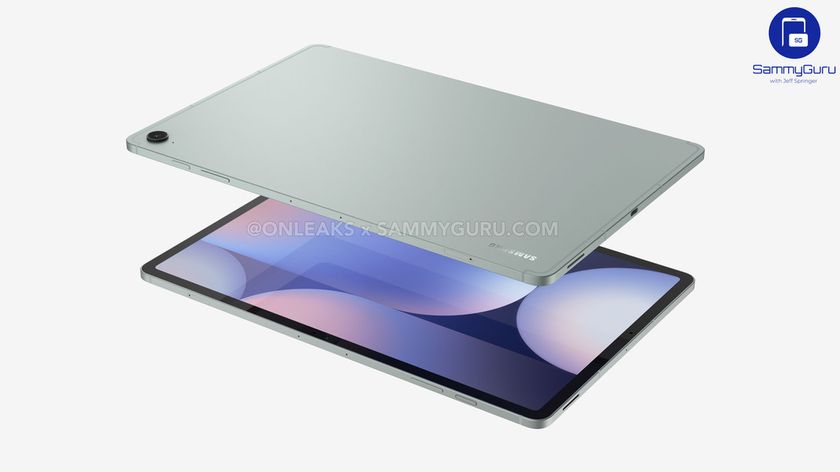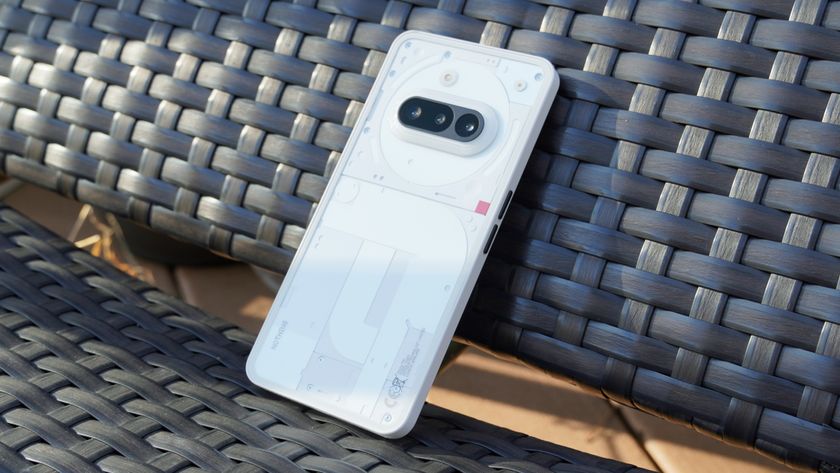Google evolving Android Messages with new 'Chat' RCS features, will pause Allo development
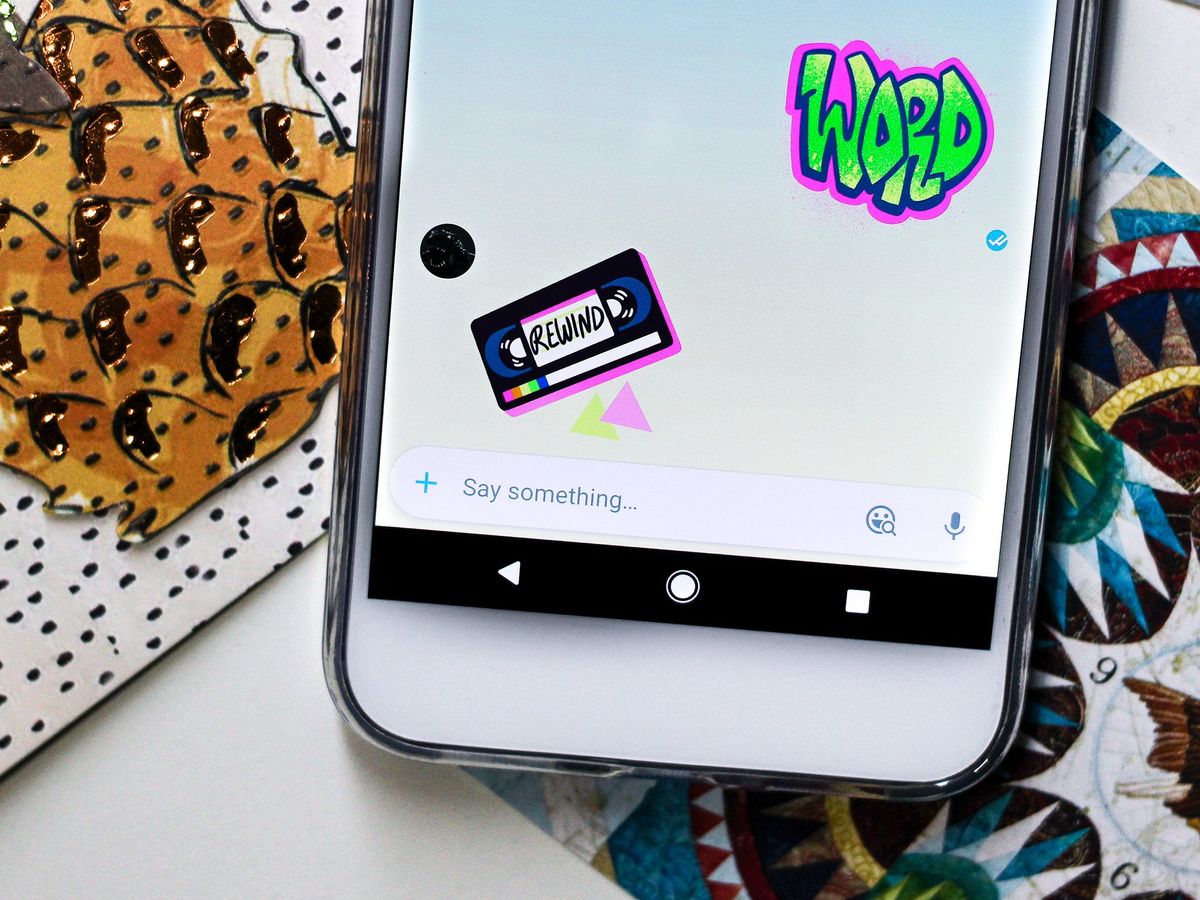
Stop me if you've heard this before: Google has a plan to launch an enhanced messaging system. Right, it's done this what feels like a dozen times before — but the reality is it's been like half a dozen, and that's still bad. Google Talk, Google Voice, Google+ Huddles, Hangouts, Allo ... yeah, not a set of successes right there. The latest attempt, coming to light in a great report from The Verge, is a new system simply called "Chat" that will be built into the Android Messages app by the end of the year. And thankfully, this isn't following the same playbook as previous attempts.
The short version is that Allo, launched just two years ago, is having its development halted indefinitely — and the entire team that's been evolving that standalone chat app will be moving to work on Android Messages. Yes that's Google's default SMS app — but once you see what's going on here it makes a whole lot of sense. We've already seen trickles of this move, with little additions like Allo's Smart Replies arriving in Messages, but now it's going all in.
In the coming months, and for sure by the end of the year, Google will build out a comprehensive set of advanced messaging features — if not fully duplicating Allo — in the Android Messages app. It's not a new app, or a new mode inside the app — it's just a new set of features that you'd expect in a modern messaging app. Things like easy-to-manage groups, high-resolution media, read receipts, typing indicators and more. It will be available to anyone who installs the app (with one caveat of carrier support), regardless of what company made your Android Phone, including the hundreds of millions of people who will have it loaded on their phone by default.
Chat isn't a new app, it's a brand new set of features in Android Messages.
Seeing Chat in Android Messages succeed where Google has failed so many times all hinges on this new standard called RCS, or Rich Communication Services. You've heard us talk a lot about it, though in fits and starts as various carriers and phone makers got on board. RCS, as the name implies, is a standard for providing rich chat services not unlike Google Hangouts, WhatsApp or WeChat or any of the dozens of other super-popular over-the-top chat services. The difference is that RCS is built on SMS, and designed to effectively replace it, so it's backwards-compatible with the legacy SMS/MMS system we know today. That means that these new "rich" communications will happen right in your regular SMS app, using your phone number as a profile identifier, and if you send a message to someone who doesn't have RCS it'll just come through as a regular SMS. It also makes sending Chat messages simple and easy, because it's tied to your phone number without any sort of additional sign-up or management required — it's just like sending a text message today.
But that compatibility with SMS cuts both ways: in order for RCS to work, you need the carriers of all people involved in the chat to support it and be using phones that support it. Carriers like T-Mobile got on board early, but bigger names like Verizon straggled. Google now has over 50 carriers on board worldwide, plus lots of big names like Samsung and Huawei committing to including RCS compatibility on their phones (Samsung ships its own SMS app called Messages). That last part is important, because it drives home one of the biggest strengths of this new Chat standard: this isn't tied to a Google app or a specific Google service, it's just a roundup of features that are part of the new RCS standard that any phone maker can implement in their own app. Android Messages, being from Google and installed on millions of phones as their default SMS app, will simply be the flagship example of using Chat features.
You get all of the messaging features you expect, but in an app everyone already has.
Like iMessage and WhatsApp, there will also be a desktop component to the new Chat features in Android Messages. Using a QR code (again, similar to WhatsApp) to authenticate, users will see a mirrored version of Chat on the web. But you use Hangouts, you claim. What's happening there? Hangouts has been in the process of being converted into an enterprise service to compete with the likes of Slack, but with the announcement of Chat, it sounds like Hangouts for personal use will eventually be wound down.
The new Chat team is being run by a familiar face: Anil Sabharwal. His team led the launch of Google Photos, which is arguably Google's most important recent product and one that's widely liked from smartphone nerds down to average users. With Sabharwal taking the lead and a whole bunch of people working with him that made a great app in Allo, this really has legs. Getting dozens of carriers and key Android manufacturers on board took a lot of work, but now explaining exactly what Chat is and how it works to everyone as the feature rolls out is the next hurdle.
Be an expert in 5 minutes
Get the latest news from Android Central, your trusted companion in the world of Android
Andrew was an Executive Editor, U.S. at Android Central between 2012 and 2020.

